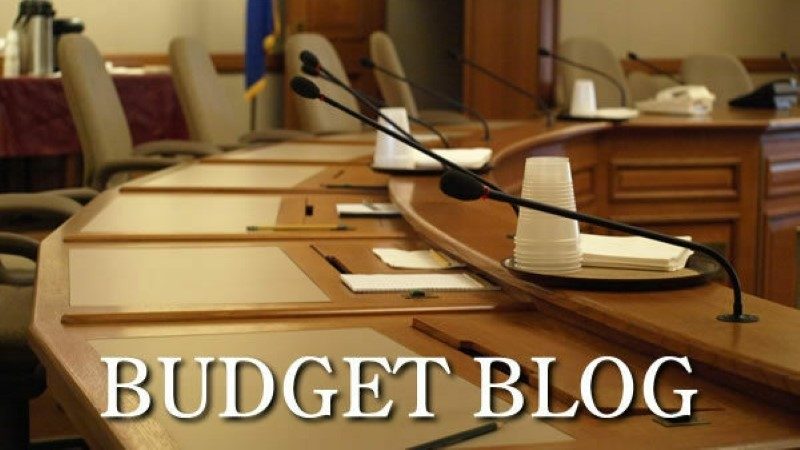The Joint Finance Committee voted unanimously today to increase bonding authority by $732.3 million to provide more revolving loans for clean water and safe drinking water projects.
The move would cover for the next four years the state’s requirement for providing matching funds to qualify for federal grants.
Committee Co-chair Howard Marklein, R-Spring Green, said the program impacts communities ...
Please log in to access subscriber content.
If you don't have a subscription, please contact schmies@wispolitics.com for subscription options on the WisPolitics-State Affairs platform, which is the new home for WisPolitics subscriber products.



